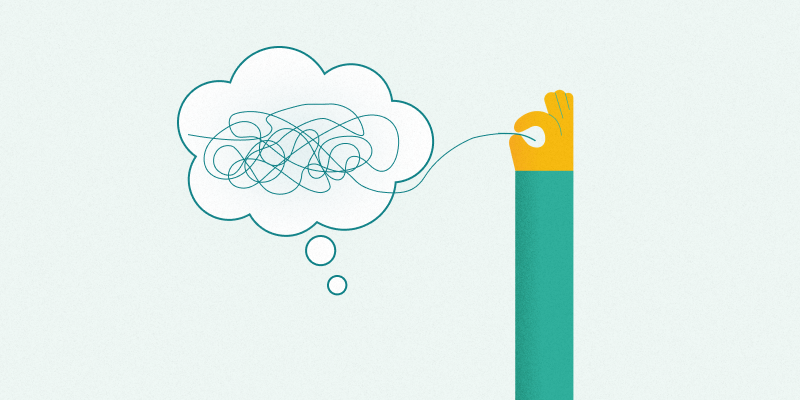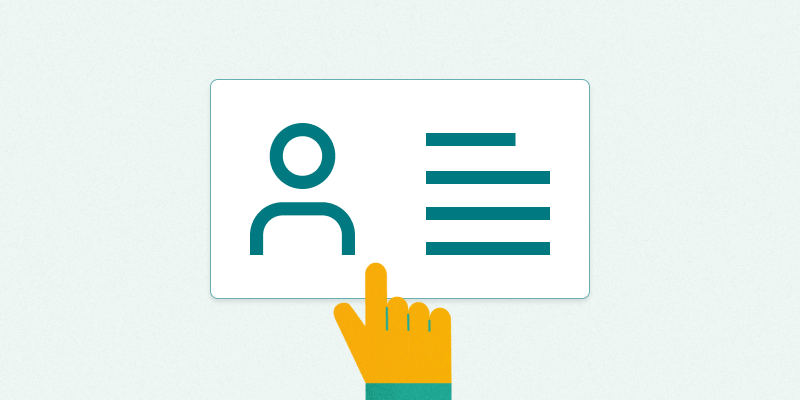3 min read
The gut feeling: an important tool in compliance
Most people working with AML compliance will recognise the feeling when your gut feeling just doesn’t sit right.

During the course of 2008, the world economy was struck by a crisis, that was sp large in scale, that nothing like it had been seen since the depression in the 1930s. The crisis, which developed into a financial crisis, came unexpectedly on top of a period with growth rates and low inflation.
On the surface, there was a relatively contained problem with some US mortgages. They led in record time to liquidity problems at financial institutions worldwide. It quickly developed into an actual financial crisis with significant economic consequences. The crisis meant bank crashes, galloping unemployment, and bankruptcies worldwide.
However, there is not a good correlation between the signal from the indicators and subsequent crises. There may be indications that a crisis may be nearby.
Still, it is close to impossible to determine this accurately and the timing of when a potential financial crisis will occur. Therefore, it is impossible to predict sharp turns in the economy with certainty. However, if the indicators show an increased risk of a financial crisis, they can be used as an incentive for further analysis.
According to Deutsche Bank, an economic crisis will be headed for the United States, and it will not end until around the middle of 2024. Deutsche Bank is one of the world's largest banks and the first central bank to signal that a recession is on the way.
If the economic crisis hits the USA, it will be felt clearly in Denmark. It can, e.g., mean that the Americans will import fewer things, thereby spreading like ripples in the water throughout the world. A recession in the USA could become a crisis in Denmark.
For the Danes, this could mean rising unemployment. However, Danish economists are not as sure that a recession will happen as Deutsche Bank, but still point out that private individuals must ensure that there is air in the economy to cope with a possible recession.
In recent years, shares have risen massively, while house prices have exploded. It has happened at such a speed that there is no doubt that the two markets are about to overheat. Because if these two markets coincide at the same time, we will find ourselves in a situation we have never experienced before, which could have significant consequences for the Danish economy.
There is currently an increase in bankruptcies, especially in the construction industry. Historically, it is not the first time this industry may be the first domino piece to fall into a more extended series of economic consequences. Economy and cyclical fluctuations are, after all, circular.
Therefore, it is essential not to fall for the motto that because something grows today - it will also do so tomorrow.
Good advice is, therefore, that all companies need to have some form of security in their customer portfolio and suppliers. This must be seen concerning delivery security is not at unnecessarily high risk. Therefore, many companies use tools to keep an eye on it.

3 min read
Most people working with AML compliance will recognise the feeling when your gut feeling just doesn’t sit right.

2 min read
We are pleased to officially launch Comply Light – a simplified solution designed for lawyers who need to collect and store ID documentation in a...

3 min read
Time is running out if you want to stay ahead of the legislative changes affecting lawyers who use pooled client accounts, which come into force on...